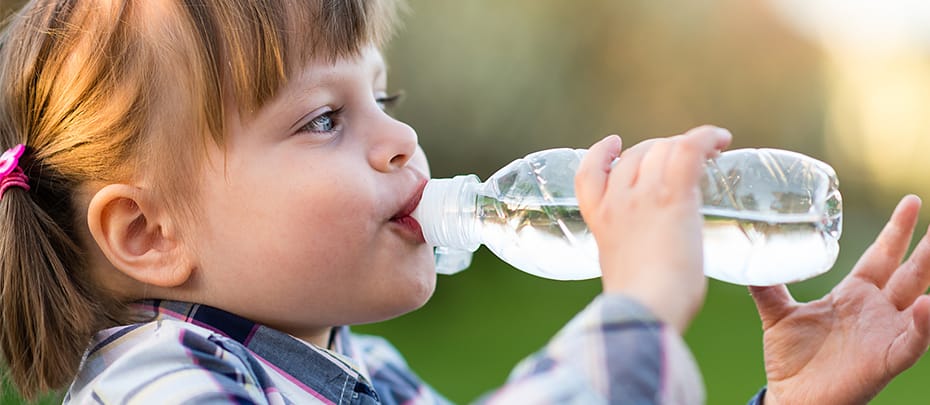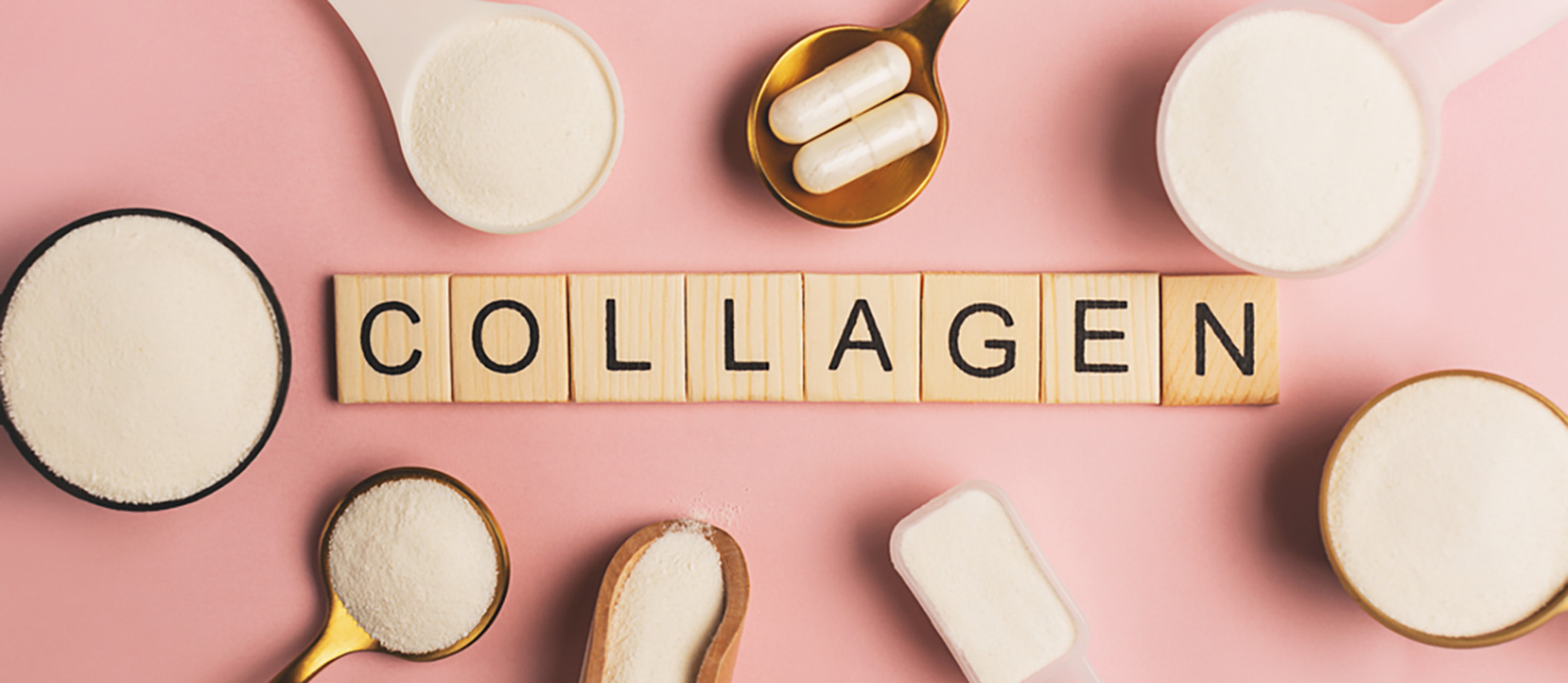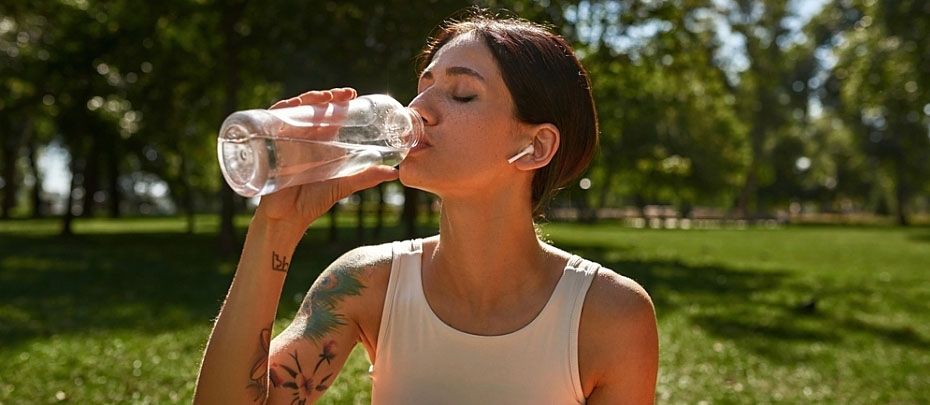Defend against these dehydration causes
- Sub Heading
-
At any age, dehydration can be dangerous. Here's how to spot it and treat it.
- Main Image
-

- Duration
-
FEB. 09, 2018 3 MIN. READ - Description
-
If you or a family member are feeling tired, headache-y or cranky, it's easy to assume that a cold or virus is coming on. However, the real culprit could be dehydration. "The stomach flu, fever, morning sickness, sweltering temperatures, exercising heavily on a hot day, and even travel are all common dehydration causes," says Jennifer Williams, M.P.H., a research scientist at Abbott.
Dehydration is basically a loss of body water. This includes both water and vital electrolytes such as sodium, chloride and potassium. Water is so critical it makes up about 60 percent of body weight in adults, and up to 75 percent of body weight in infants. We need it for important jobs such as regulating body temperature, maintaining healthy skin and joints, digesting food, removing waste and helping our brains function at their best.


